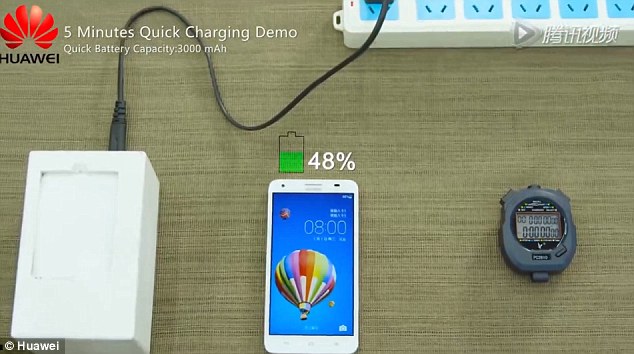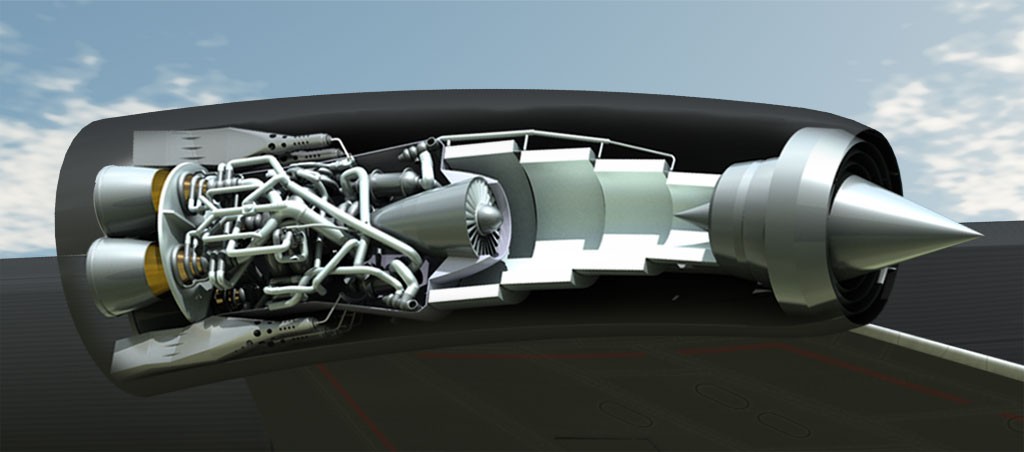The Left Handed Mallet: Tech Round-Up November 2015
Welcome to our regular technology round up, “The Left Handed Mallet.” Whilst the title is a tongue in cheek reference to a very old joke, the subjects of this tech round-up are all seriously innovative engineering solutions. In this instalment PIF looks at a Star Trek style “tricorder”, a breakthrough in superfast battery charging and a new chapter in rocket engine technology.
Every now and then PIF likes to spotlight three eye-catching technological advancements that could well be game-changers in their field, and they don’t get much more impressive than the following engineering gems.
Stanford engineers develop “tricorder” detector
The gadgets portrayed in Star Trek have been the stuff of dreams for many past, present and future engineers. Imagine the excitement among those ranks when Stanford engineers recently announced news that they had developed a new device that uses microwaves and ultrasound technology that could be used to remotely “hear” hidden objects like tumours.
Reminiscent of the fictional “tricorder” issued by Starfleet, Stanford’s device uses thermoacoustics – the principle that all materials will expand and contract when stimulated by electromagnetic energy – to remotely detect resulting ultrasound waves. "We're still at an early stage but we're confident that in five to ten to fifteen years, this will become practical and widely available" said research professor Khuri-Yakub.
Huawei batteries charge 10 times faster
Chinese tech giant Huawei has developed several prototype removable lithium-ion batteries that can recharge in minutes. A lower capacity battery, not bigger enough for smartphones, charged by by 68% in two minute, whereas a higher capacity version that could give as much as 10 hours of talk time charged by 48% in five minutes.
Huawei claims to use heteroatoms, that are neither carbon nor hydrogen, which they suggest can increase charging speeds without affecting the overall lifespan of a battery. “This breakthrough in quick charging batteries will lead to a new revolution in electronic devices, especially with regard to mobile phones, electric vehicles, wearable devices, and mobile power supplies,” according to a Huawei press release.
Synergetic Air-Breathing Rocket Engine
A revolutionary potential new rocket engine has attracted significant new investment to get it off the ground in every sense. The Synergetic Air-Breathing Rocket Engine (Sabre) combines jet and rocket engine technology to enable a “spaceplane” to take off from conventional runways and “fly” into orbit. On completion of its mission the craft would return to land like any other aeroplane, making it reusable and subsequently cheaper than a conventional rocket.
Sabre is the brainchild of British engineer Alan Bond, who founded Reaction Engines in 1989. The engine’s viability has been validated by the European Space Agency (ESA), as part of a UK government ordered. As a result, the government has awarded £50m to aid preparations for the design, manufacture and testing of demonstration engines and the ESA is drawing up a contract worth $10m.
…and finally
Google’s autonomous car
While the technology behind Google’s autonomous cars develops at a pace, it seems that it might not be quick enough for some people’s liking after news that one of their self-drive vehicles was pulled over by police in Mountain View, California, for driving too slowly. The car was apparently travelling at 24mph in a 35mph zone.
In a blog post on its own site, Google said:
We've capped the speed of our prototype vehicles at 25mph for safety reasons. We want them to feel friendly and approachable, rather than zooming scarily through neighbourhood streets. Bet humans don't get pulled over for that [driving too slowly] too often
they jokingly added.
Get the latest process industry news
Interested in receiving even more industry-leading news from Process Industry Forum delivered directly to your inbox? Then sign up to our free newsletter. Bringing you the latest news, trends, innovations and opinion from across the process industry, our exclusive newsletter gives you all the industry insights of the moment in one, easy-to-digest bulletin. Stay ahead of the competition with regular process industry news instalments from PIF.




